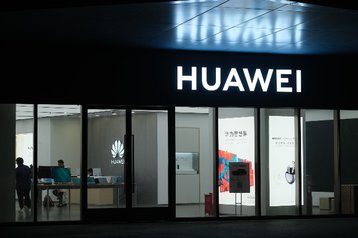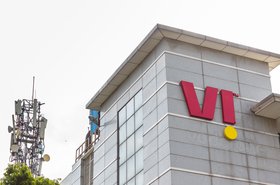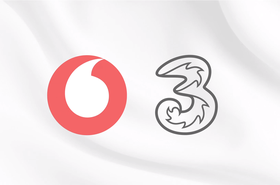Chinese vendor Huawei is set to start constructing its first European factory next year.
The site will be located in Brumath, near Strasbourg, France, according to the South China Morning Post.
Huawei is reportedly set to invest an initial €200 million ($215m), despite suffering several knockbacks in Europe in recent years, as some European governments have barred the use of the firm's 5G gear.
The vendor first announced plans for the factory in 2020, but construction was delayed by the Covid-19 pandemic.
A source told SCMP that the site is expected to open in 2025, where mobile phone network equipment is set to be developed. It is expected to create up to 500 jobs.
The French government had initially told telcos planning to buy Huawei 5G equipment that they would not be able to renew licenses for the gear once they expire, back in 2020.
However, after a meeting with French Economy Minister Bruno Le Maire in Beijing in July of this year, an agreement had been reached that would see France extend Huawei 5G licenses in some cities.
European complications for Huawei
In 2020, the European Commission (EC) urged EU states to restrict "high-risk vendors" such as Huawei as they rolled out their national 5G networks, but the EU's internal market commissioner Thierry Breton told telecoms ministers in June that only a third of EU countries have implemented Huawei bans in critical areas.
The UK, Denmark, Sweden, Estonia, Latvia, and Lithuania have banned Huawei from playing a part in their 5G network infrastructure. Though no longer part of the EU, the UK initially granted the vendor a limited role in its 5G build before banning the company six months later in July 2020.
Earlier this year Portugal's cybersecurity council CSSC decided to effectively bar its operators from using Huawei's kit in its 5G networks.
Unlike some of its allies in Europe, Germany has been more reluctant to impose sanctions on Huawei but is now weighing up the vendor's future in the country.
Germany has previously approved equipment from Chinese telecoms vendors on a 'case-by-case' basis approach, and earlier this year it gave ZTE's latest 5G kit its seal of approval for use.







